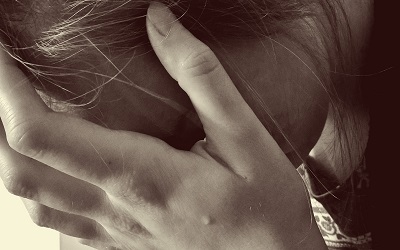Published: whatsupmum.ie
Author: Dr. Malie Coyne
Postnatal depression (PND) can be lonely, distressing and frightening. In the beginning it can look like the “baby blues”, because they share symptoms, includingmood swings, sadness, insomnia and irritability. However, symptoms of PND are more severe; they last longer, and can really interfere with your ability to function andcare for your baby. PND affects about one in ten mothers.
What are the symptoms?
It is very important for you and your loved ones to recognise the symptoms of PND so that you can access help as early as possible. Symptoms include:
- Low mood for 2 weeks or more
- Loss of interest in yourself and your baby
- Changes in appetite or weight
- Difficulty sleeping
- Feeling overwhelmed
- Feeling inadequate
- Withdrawing from family and friend
- Recurrent thoughts of self-harm or suicide
What helps?
Taking good care of your mental and physical wellbeing and finding the little things that work to make you feel better can really help, such as:
- Develop a support plan while you are pregnant. Identify what steps you could take in a crisis and who you will call on.
- Set aside quality time for yourself to relax and take a break from your baby. Do what makes you feel good and replenishes your self-belief.
- Share what you are feeling with at least one other person. It can be ahuge relief to tell someone and can help you make sense of everything.
- Lean on your partner, family and friends as their support will play a big part in your recovery. Let them know how you’d like to be supported.
- Make your relationships a priority as spending time with those you love increases your “feel good” brain chemicals.
- Get proper sleep. Although this is difficult with a newborn, a good night’s sleep can do wonders for your mood and energy levels.
- Make meals a priority as what you eat affects your mood. Keep blood sugars stable and ensure you are getting enough nutrients and vitamins.
- Get out of the house as the fresh air will do you good and can give you some perspective and time for your body and brain to have a breather.
- Ease back into exercise as this is hugely effective in treating depression.
- Join a group for mothers as it is reassuring to hear that other mothers share your challenges and they can be good social outlet.
If you think you may be suffering from PND, there is no reason to feel ashamed. Itcan happen to anyone and is not your fault. Even if you have been depressed for a while, it is never too late to seek help. Your GP, midwife, or other health professional can help you decide what help you need. PND is a temporary condition that you can recover from. Early recognition and treatment will provide the best outcomes for you and your baby, so seek the help you need right now.
This article was first published on whatsupmum.ie on 20th Sept 2016 – Click here to view; Malie Coyne – whatsupmum.ie

